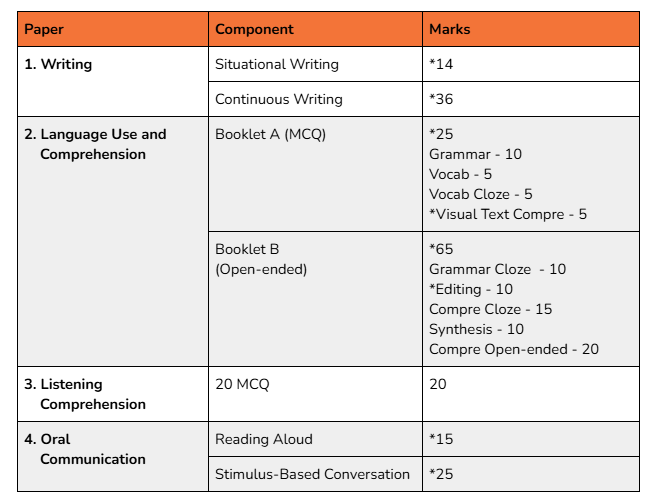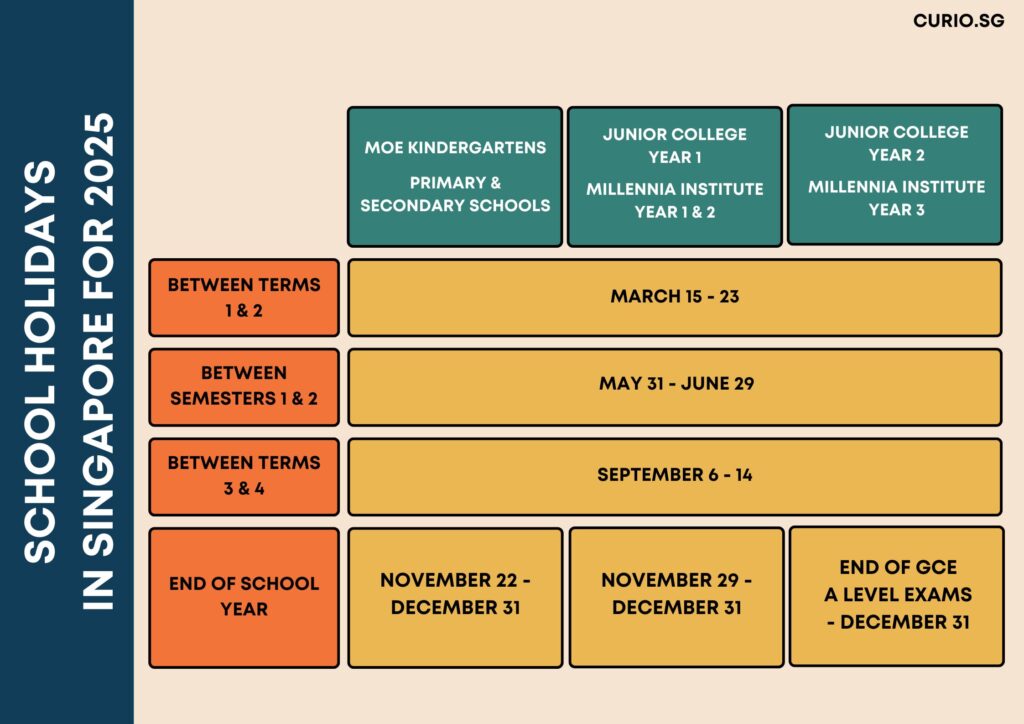"Friendship is a skill that grows with time. Not a sign that something’s wrong, but a gentle reminder that every child connects at their own pace, often just waiting for the right moment or the right person."

It can be difficult to watch a child come home without someone to talk about or feel left out on the playground. A question that might quietly sit in the back of your mind is, Why doesn’t my child have friends? It’s not always an easy question to face, and even harder when you’re not sure what to do next.
Friendship is a skill. Something kids pick up and build over time. Some children seem to ease into it early on, while others need a little more practice or the right environment to get started. In many cases, it’s not about something being “wrong.” It may simply be that they haven’t met someone they connect with yet.
Friendship Begins at Home

Before kids have classmates or playground buddies, you’re their main companion. You’re the first person they laugh with, play with, and turn to for comfort. That early connection matters more than you might think. It shapes how they see relationships and teaches them how to interact with others.
At home, you can offer a space where your child feels safe to speak freely about their worries, their wild ideas, or what made them feel left out at recess. They should know they won’t be brushed off or judged. That kind of openness gives them room to explore who they are and learn how to share themselves with others.
Spending time together, talking, playing, even being silly, teaches a lot. Taking turns during a game or listening to each other’s ideas builds the kind of social habits they’ll use with friends later on. If your child is struggling to connect with peers, being that steady, kind presence helps them feel less alone. You’re not just helping them fill the quiet, you’re gently showing them what friendship can look like.
Understanding What’s Holding Them Back

When a child is having a hard time making friends, it helps to pause and gently ask: what might be getting in the way? Every child is different, so there’s no one-size-fits-all reason. Some kids are naturally shy and need more time to warm up to new people. Others might feel unsure about how to start a conversation or join in during play. Some children feel anxious in social settings, especially when there’s a lot going on or when they don’t know what to expect.
It could also be that your child has interests that don’t quite match with the kids around them. That doesn’t mean something is wrong. It just means they haven’t found their people yet. In that case, look for spaces where kids with similar interests gather. Clubs, classes, or online communities (with supervision) can be a great way to help them meet others who enjoy the same things.
Once you get a sense of what’s going on, you can offer support that fits. For a shy child, gentle encouragement to practice small interactions, like saying hi to a classmate or asking a question can go a long way. If nerves tend to take over, role-playing different situations at home can help them feel more prepared. And if your child just hasn’t found the right connections yet, helping them explore new activities or settings can open new doors.
Ask Who They Like Being Around

Sometimes, the best place to start is with a simple conversation. You might ask, “Who do you like at school?” or “Are there any kids you enjoy being around?” This opens the door without putting pressure on your child. You’re not grilling them, you’re just showing interest in their world.
You can also ask how they decide who they want to be friends with. Some children look for shared hobbies, others might be drawn to someone who’s kind or funny. Their answers can give you insight into what they’re looking for in a friendship and what might be missing right now. Maybe they haven’t found someone who feels like a good fit, or maybe they’re unsure how to take the next step.
A gentle way to guide the conversation is to ask, “Do any of your friends make you feel big in life or small?” It helps your child reflect on how others make them feel. Friends should help us feel seen, valued, and included, not less than or left out.
These kinds of chats help you understand what friendship means to your child. Once you know what they value or what’s making things tricky, it’s easier to support them in small, thoughtful ways. Sometimes, just having the chance to talk about it with someone who listens can make them feel less alone in figuring it out.
Teach Friendship Skills Early On

Social skills don’t always come naturally, they’re something kids can learn over time, just like tying shoes or riding a bike. That’s why it helps to start early. Even during toddlerhood, children begin picking up on how to interact with others through play, sharing, and simple back-and-forth conversations. These early moments are a great opportunity to guide them gently and show them how to connect with people.
You can begin by focusing on a few simple, everyday skills. Teach your child how to greet someone new, ask questions to show interest, and manage strong feelings when things don’t go their way. These may sound like small things, but they lay the groundwork for making and keeping friends later on.
Practice together through play, pretend scenarios, or even during storytime. If a character in a book has a hard time with a friend, ask your child what they might do in that situation. These casual moments help them think about how others feel and how their actions affect people around them.
Social engagement doesn’t need to be formal. It can happen at the playground, in group activities, or even during family gatherings. The more chances your child has to practice, the more comfortable they’ll become in different settings.
Break Skills into Small Steps

When it comes to helping your child build friendships, small steps can go a long way. Rather than expecting your child to suddenly become outgoing or jump into a group of kids with ease, try focusing on one simple goal at a time.
Start with something manageable, like saying “Hi” to one classmate during recess. It may not seem like much, but for a child who’s feeling unsure or withdrawn, that one greeting can feel like a mountain climbed. Then maybe later in the week, they can try asking someone to play, just once or twice. Keep the goals short and specific so they feel doable.
These small actions help your child build up comfort in social situations gradually. Every time they try, even if it feels awkward or doesn’t go as planned, it’s a chance to learn. You can encourage them by noticing their efforts and being curious with them about how it went: “How did it feel to say hi today?” or “What happened when you asked to play?”
By breaking things down, you give your child room to grow at their own pace without pressure or overwhelm. Over time, those little steps can build into more natural and meaningful social connections.
Their Childhood Isn’t Your Childhood

When you’re raising a child, it’s natural to think back on your own experiences growing up. You might remember what made you feel included or left out, who your friends were, or how you handled tough moments. A lot of us lean on those memories to try to make sense of what our kids are going through.
However, as helpful as those memories can be, it’s worth remembering that your child is growing up in a different world. The social landscape, the way kids connect, even the pace of life, it’s not the same as it was when you were their age. What felt hard or easy for you might not line up with what they’re feeling now.
Your own past can give you perspective and empathy, which is valuable. But it’s also helpful to stay curious about their world. Try not to assume their feelings match yours. Instead, ask questions and listen without jumping in with your own story right away. It’s okay to share later, but make space first for their version of the experience.
Give Them Space to Find Their People

Friendships shape the way we see ourselves. Through spending time with others, we start to learn what we enjoy, how we want to be treated, and where we feel we fit. For kids, friendships aren’t just about fun, they’re part of figuring out who they are. Early connections give them a chance to explore what kind of people they feel drawn to and what kind of friend they want to be.
As a parent, it’s easy to want to guide those choices. You might find yourself encouraging certain friendships or feeling unsure about others. And sometimes, stepping in is the right thing to do, especially if a friend’s behavior seems concerningbut whenever possible, try to give your child space to figure things out. Learning who they click with and why is part of growing up.
That doesn’t mean stepping back completely. Stay involved by noticing how your child seems to feel around certain friends. If you’re sensing something’s off, open up a conversation. Ask questions like, “How do you feel after hanging out with them?” or “Do you feel like yourself when you’re with that friend?” Questions like these help your child think things through, without feeling judged or pushed.
Letting them make their own friendship choices with a little gentle guidance when needed helps them trust their own instincts. That trust will serve them well as their social world keeps growing.
Check out more articles: Steps to Take If Your Child Is the Bully and What to Do If You Don’t Like Your Child’s Friends
















































































































